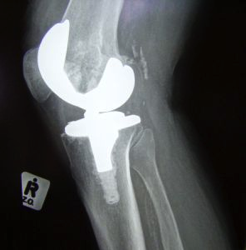* {font-family: Helvetica, Arial, sans-serif;}
h1 { color: #254588; margin: 0px; font-weight: bold; font-size: 24px; font-family: Helvetica, Arial, sans-serif; }
h2 { font-size: 18px; font-family: Helvetica, Arial, sans-serif; color: #333 !important; margin: 0px; }
h3 { font-size: 16px; font-family: Helvetica, Arial, sans-serif; color: #333 !important; margin:0px; }
h4 { font-size: 14px; font-family: Helvetica, Arial, sans-serif; color: #333 !important; margin: 6px 0px; }
p, li { font-size: 13px; line-height: 20px; font-family: Helvetica, Arial, sans-serif; color: #333; }
a { color: #254588; text-decoration: none; }
a:hover { color: #BC181D !important; text-decoration: underline !important; }
a:hover#vw { background-color: #CCC !important; text-decoration: none !important; color:#000 !important; }
a:hover#ff { background-color: #6CF !important; text-decoration: none !important; color:#FFF !important; }
.issue h3 { margin: 0px; padding:0; font-size: 32px; font-family: Helvetica, Arial, sans-serif; color: #FFF !important; }
.intro p, .intro a { color: #000; margin: 0px; font-size: 13px; color:#00446A; font-family: Helvetica, Arial, sans-serif; }
.menu, .menu a {color:#fff;}
.events img {width:175px;}
.events p {text-align:center;font-weight:bold;font-size:13px;line-height:13px;}
Search |































